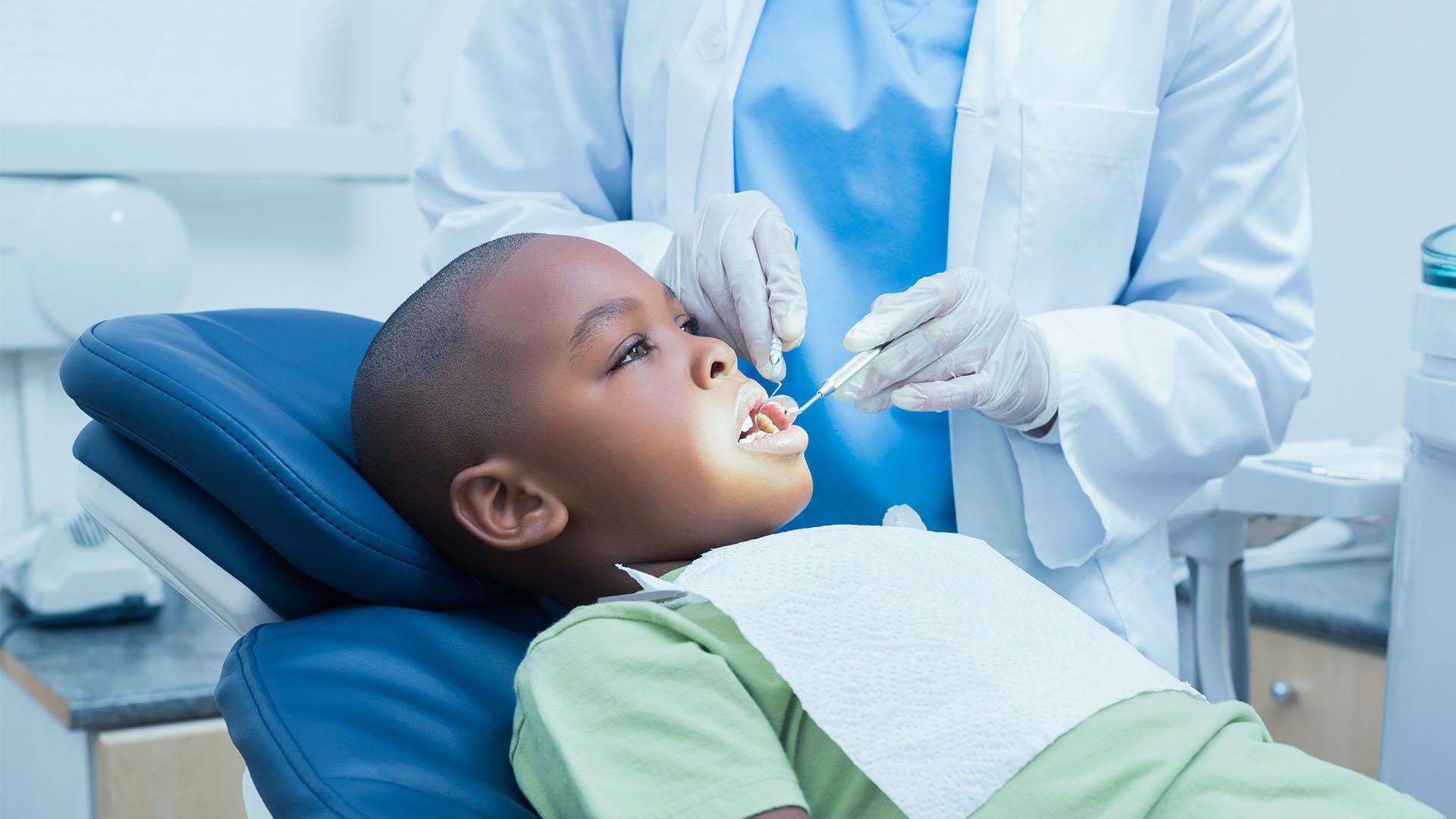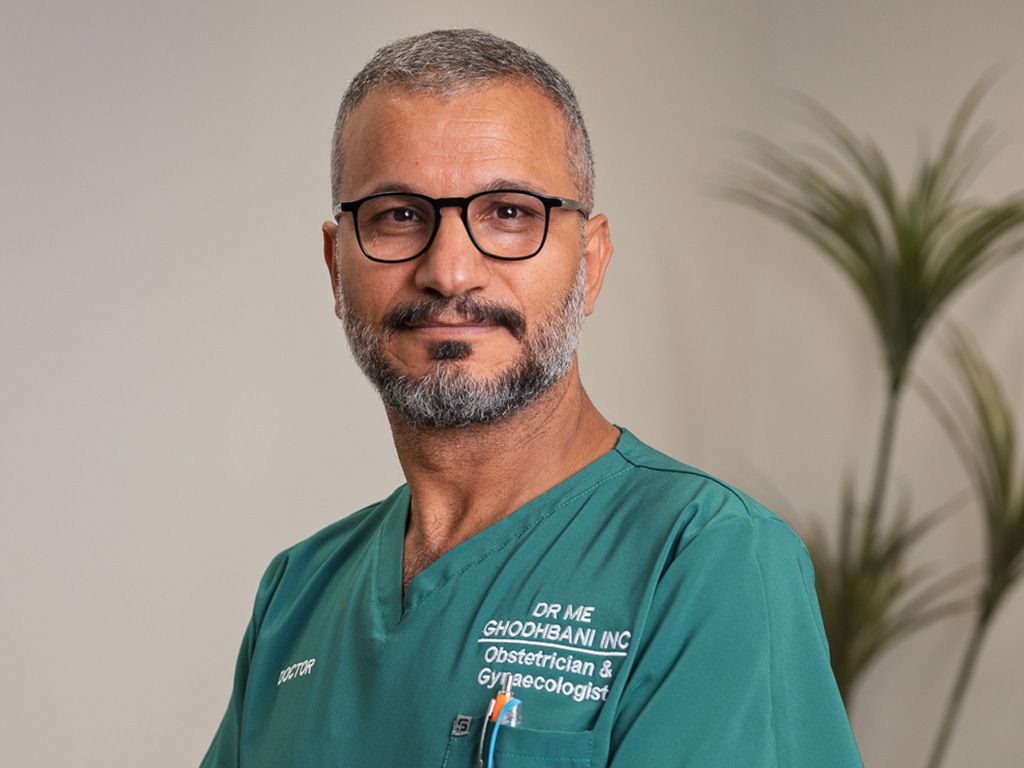Don’t delay, or risk dental decay – and other serious conditions
Why dental appointments must form part of regular health checks
Dental cavities, or tooth decay, in permanent teeth is the most common health condition globally, affecting over 3.5 billion people, according to the World Health Organization. This major healthcare burden can however be largely avoided with regular dental check-ups and good dental hygiene.
So says Dr Oelie van Schalkwyk, dental director of the Netcare Primary Care Division, which includes Netcare Medicross, who finds that many people mistakenly go to the dentist only when they already have problems with their teeth. “The universally accepted interval between dental check-ups is six months. By visiting the dentist regularly you will help to ensure the early detection and timeous treatment of conditions such as dental decay and gum disease,” he says.
“This means that treatment will be mostly painless, quick and inexpensive when compared to costly specialised procedures, which are often necessary when dental issues are not addressed early on. Furthermore, this helps to promote oral and general health and wellbeing, not to mention the long-term retention of teeth.”
Old fears still posing a risk to oral and general health
Dr Van Schalkwyk notes that in addition to the lack of awareness around the importance of regular dental check-ups, there are also those individuals who still perceive going to the dentist as being painful and traumatic, to the point where some will avoid a visit to the dentist even when in terrible agony.
“The vast majority of the time these patients could have spared themselves the pain, the additional treatment and the subsequent costs had they simply scheduled regular check-ups. It is ironic, frustrating and sad for a dentist to see someone in agony because their fear of pain is what prevented them from seeking dental care in the first place,” he says.
“Over and above the premature loss of, or damage to, teeth, gums or other oral structures, avoiding the dentist’s chair can also mean that important red flags for other serious health conditions are overlooked. There is a direct and scientifically proven correlation between dental health and certain serious medical conditions.
“For example, gum disease can indicate an increased risk for cardiovascular disease, as this can result in a bacterial infection in the bloodstream, which in turn can affect parts of the heart. Your dentist may also be able to identify any potential oral cancer concerns, which you may otherwise miss until the condition has progressed much further,” he explains.
Addressing mindset and habits from childhood
Whatever the reasons preventing regular dental visits, Dr Van Schalkwyk points out that the benefits clearly outweigh any apprehensions. He therefore advises parents to begin familiarising their children with going to the dentist as early on as around six months after the first tooth pushes through, as tooth decay can occur anytime from then on.
“Taking your child to the dentist is the best way to prevent problems such as tooth decay and malocclusion, or crooked teeth, from a young age. Dentists can also teach parents how to clean their child's teeth properly and identify their fluoride needs. As they get older, fissure sealant – a durable sealing resin agent applied to decay-prone fissures on the chewing surfaces of permanent teeth – is highly recommended the moment these teeth appear in the mouth.
“To avoid tooth decay as a result of bottle feeding and teeth misalignment due to sucking, try to wean your baby off of the bottle by one year of age, and monitor excessive sucking of pacifiers, fingers and thumbs. Never give your child a bottle of milk, juice or sweetened liquid at naptime or bedtime,” he says.
“Bringing your child to the dentist early on lays the foundations for a lifetime of good oral care habits and helps them to get used to the dentist’s rooms, making for stress-free visits in the future. Ultimately, children with healthy teeth chew food easily, learn to speak clearly, smile with confidence and retain their own teeth to a ripe old age if they continue to practise good oral and dental care.”
Keeping it simple and manageable
Dr Van Schalkwyk says that adults too need to be mindful of healthy oral hygiene and schedule regular check-ups, if they do not do so already. “To help prevent the formation of cavities one should brush twice daily, floss in-between teeth daily and obtain a scale and polish and fluoride treatment at your dentist during your six-monthly visits.
“There is really no need to avoid going to the dentist. We are fortunate to live in an age where modern dental techniques and instruments, highly effective local anaesthetic and specialised tools and treatments virtually guarantee that dental visits and procedures will not be traumatic. In fact some patients even look forward to their bi-annual visit, coming away with wonderfully clean teeth and the knowledge that their oral health is in check,” he concludes.













